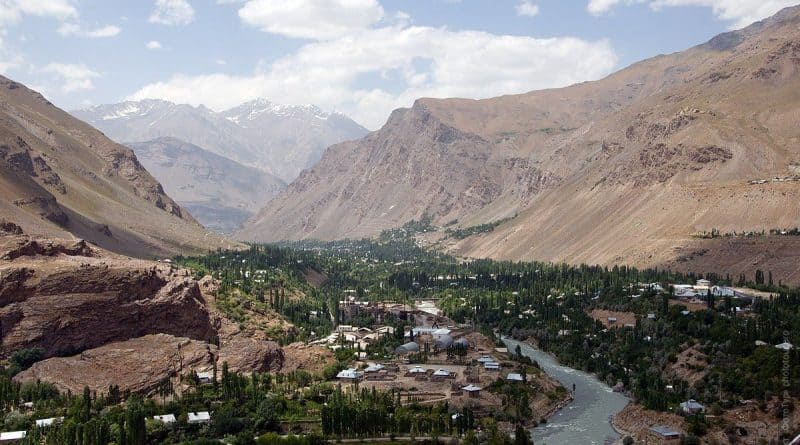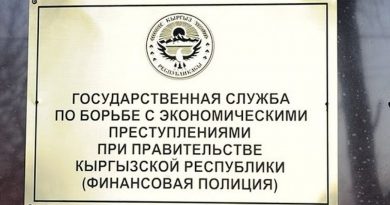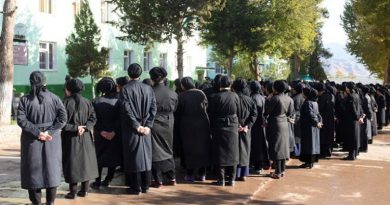Tajikistan: UN experts call on the authorities to ensure the protection of human rights in the Pamirs
UN experts expressed serious concern about the growing tension in the Gorno-Badakhshan Autonomous Oblast (GBAO), calling on the authorities to ensure the protection of the Pamir minority and respect for human rights in the region.
Tensions in GBAO flared last November when the killing of Roshtkal’s resident Gulbiddin Ziyobekov by security forces caused mass protests. The government responded strongly, sending military reinforcements and taking other measures such as shutting down the Internet.
“The Tajik authorities’ ignoring the complaints of the Pamir minority and the securitization of the Gorno-Badakhshan Autonomous Oblast, where they live, could lead to violent conflict if not accepted,” experts say.
“We are concerned about the attempts to suppress the protests of the Pamir minority through arrests, excessive and illegal use of force and the participation of the military. We also call on the authorities to take measures to prevent the spread of stigmatization of the Pamir protesters,” the UN experts noted.
Protests in Khorog began on November 25, 2021, immediately after the death of Gulbiddin Ziyobekov, a wanted resident of Roshtkal district. As a result of gunshot wounds received during the arrest, Ziyobekov died upon being taken to the hospital.
Then, on November 25, young people gathered at the regional administration and demanded to detain and punish the Tajik security forces who participated in the special operation. The actions, which turned into mass riots, lasted four days, and stopped after the local authorities promised to conduct a thorough investigation into the death of Ziyobekov, provide access to the Internet and not persecute the citizens who participated in the protests.
For almost four months, local activists complained that the authorities didn’t keep any of their promises, and even turned to international organizations with a request to ensure the rights of the inhabitants of the region to information, including through the Internet.
Speaking at a regular session of the UN Human Rights Council, Michelle Bachelet, the UN High Commissioner for Human Rights, criticized the authorities of Tajikistan over the ongoing shutdown of Internet access in GBAO. “This approach is a gross violation of human rights,” she said.
On March 16, the US Embassy in Dushanbe also expressed its view on the lack of Internet access in GBAO. “The Internet shutdown has affected the region’s population’s access to information, doing business, and freedom of speech. We call on the government of Tajikistan to respect the fundamental freedoms.”
Two days later, speaking at an extraordinary meeting of the regional government, the chairman of the autonomous region, Alisher Mirzonabot, said that “due to the current situation in Roshtkal district and the city of Khorog in November, as well as in order to maintain the cleanliness of the information space in the region, access to the Internet was temporarily limited.” He instructed to ensure the access of the population of the region to the Internet, but at the same time, the population received a warning that “if unfounded accusations or slander against the government, the regional leadership and representatives of state structures appear on social networks, an audit will be carried out, as a result of which the culprit will be held accountable”.
Some residents of Khorog, who got in touch, reported that access to the Internet was restored on March 21. However, the speed leaves much to be desired. “You can only send text messages, you can’t send audio or video, just as you can’t receive them from senders,” one of the residents of the city told reporters on condition of anonymity.




